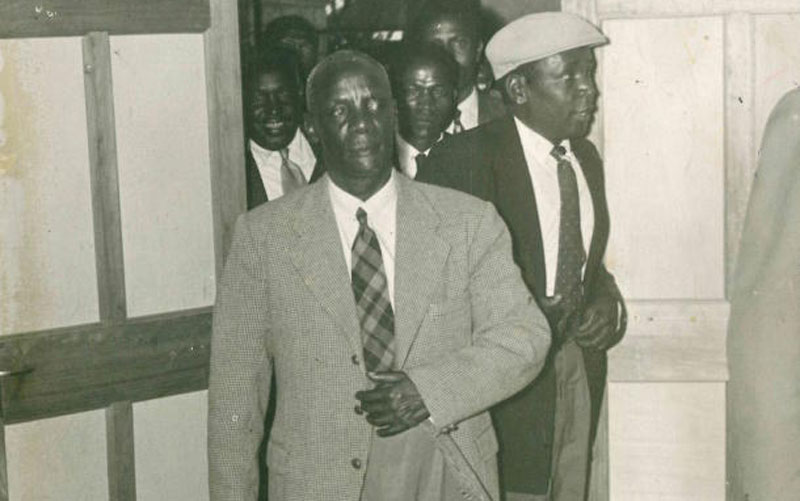×
The Standard e-Paper
Join Thousands Daily

Harry Thuku was arrested on March 14, 1922 , triggering a riot. He was later exiled to Kismayu for his political agitation. This picture was taken on August 31, 1978. [File]
It has been a century since one of the deadliest riots happened in Nairobi. On March 14, 1922, about 1,000 Africans did the unthinkable. Unhappy with the arrest of their leaders, they staged a protest outside Central Police Station demanding their release.